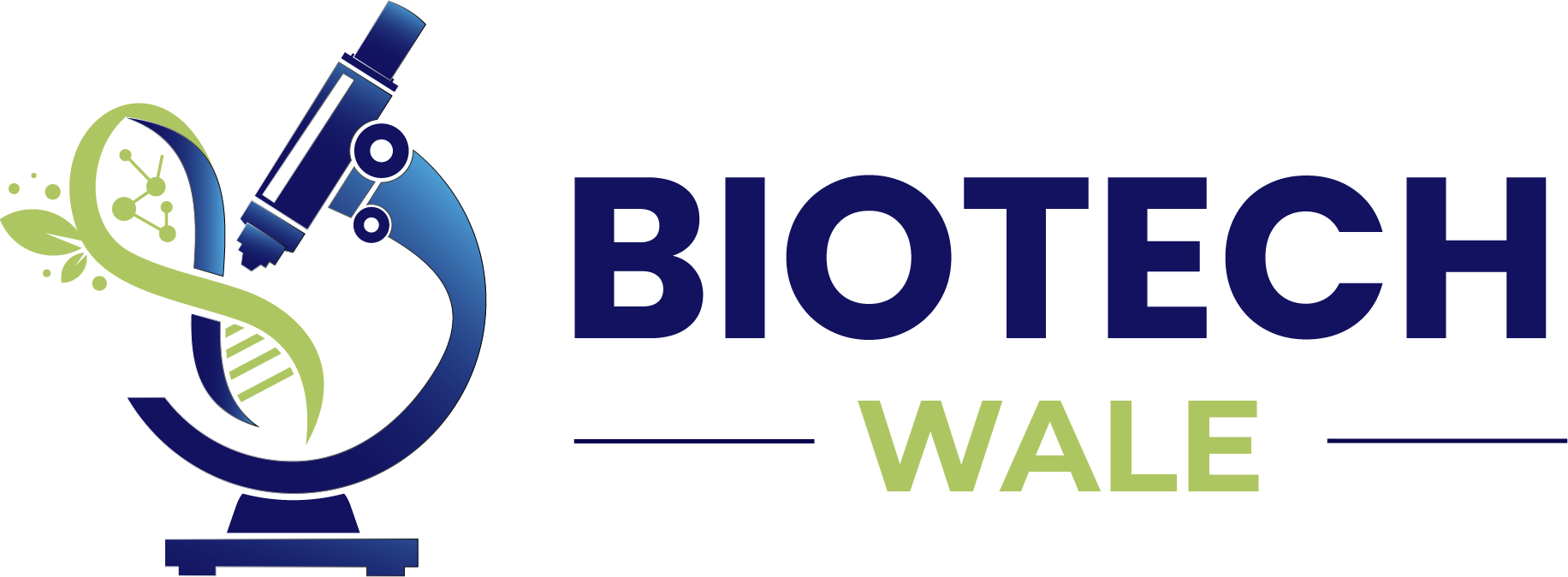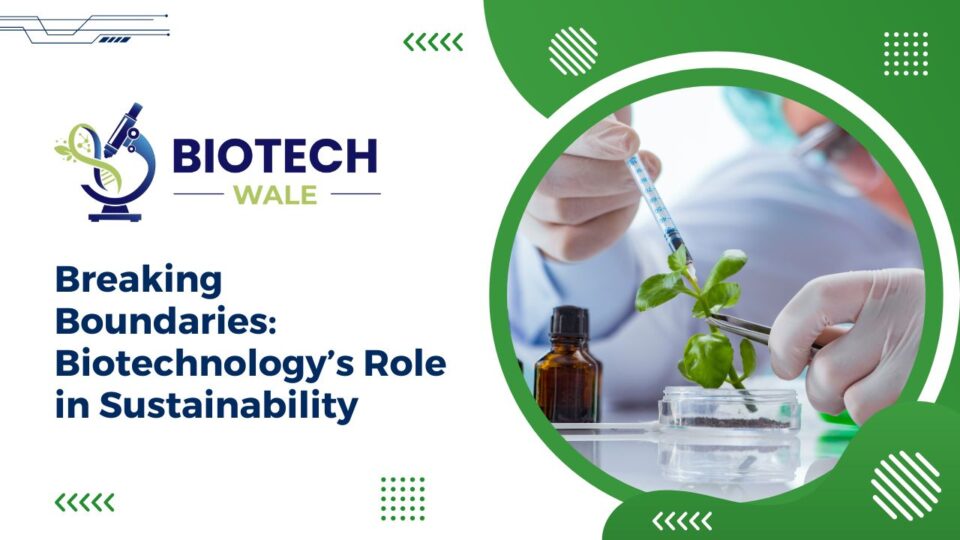Introduction to Biotechnology
Welcome to the exciting world where science meets sustainability! Biotechnology, a cutting-edge field that harnesses the power of living organisms to create innovative solutions, is making waves in promoting sustainable practices. Let’s dive into how biotechnology is breaking boundaries and shaping a greener future for our planet.
The Importance of Sustainable Practices
In today’s world, the importance of sustainable practices cannot be overstated. As our planet faces environmental challenges like never before, it is crucial for industries to adopt sustainable approaches in their operations. Sustainability goes beyond just being a trend; it is a necessity for the well-being of current and future generations.
By incorporating sustainable practices into various sectors, we can minimize our impact on the environment and work towards a healthier planet. From reducing carbon emissions to conserving natural resources, every small step towards sustainability makes a significant difference.
Businesses that prioritize sustainability not only contribute to environmental protection but also build trust with consumers who are increasingly conscious of ethical practices. Sustainable initiatives can lead to cost savings, innovation opportunities, and long-term viability for companies willing to embrace change.
Embracing sustainability is not just about meeting regulations; it’s about taking responsibility for our actions and creating a better world for all living beings.
Examples of Sustainable Biotech Practices
Biotechnology has paved the way for innovative sustainable practices across various industries. One such example is the development of biofuels, where biotech processes are used to convert organic materials into renewable energy sources, reducing dependency on fossil fuels and lowering carbon emissions.
In agriculture, biotechnology plays a crucial role in creating genetically modified crops that require less water and pesticides to thrive. This not only improves crop yield but also minimizes environmental impact by promoting more sustainable farming practices.
Moreover, biotech companies are exploring ways to produce biodegradable plastics from plant-based materials instead of petroleum-derived sources. This shift towards eco-friendly alternatives helps reduce plastic pollution and lessen the strain on our planet’s ecosystems.
Another exciting application of sustainable biotech practices is seen in wastewater treatment systems using microbial technology. By harnessing the power of microorganisms, these systems can efficiently break down pollutants and contaminants, offering a more environmentally friendly approach to water purification.
These examples highlight just a few ways in which biotechnology is revolutionizing sustainability efforts across different sectors, demonstrating its potential to drive positive change for both our society and the environment.
Challenges and Controversies Surrounding Biotechnology
Biotechnology, while promising for sustainability, is not without its challenges and controversies. One major concern is the potential environmental impact of genetically modified organisms (GMOs) on ecosystems. Critics argue that altering the genetic makeup of plants or animals could have unforeseen consequences on biodiversity.
Another issue surrounding biotechnology is the ethical dilemma it poses regarding animal testing. Many people question the morality of using living beings as test subjects for scientific experiments, even if it’s meant to benefit society in the long run.
Additionally, there are economic concerns related to biotechnology, with some fearing that large corporations may monopolize the industry and control food production. This raises questions about access to technology and resources for smaller farmers and businesses.
Regulatory frameworks also play a crucial role in addressing these challenges and controversies. Striking a balance between innovation and safety regulations is essential to ensure that biotechnological advancements are used responsibly for sustainable practices in the future.
How Biotechnology is Contributing to Sustainable Solutions
Biotechnology is revolutionizing the way we approach sustainability by offering innovative solutions to pressing environmental challenges. Through genetic engineering, scientists can develop crops that are more resistant to pests and diseases, reducing the need for harmful pesticides. This not only promotes sustainable agriculture but also protects biodiversity.
Furthermore, biotechnology plays a crucial role in creating biofuels from renewable sources like algae and corn. These biofuels have lower carbon emissions compared to traditional fossil fuels, contributing to a greener energy sector. In the field of medicine, biotechnology has led to the production of biodegradable plastics made from plant-based materials.
Additionally, advancements in bioremediation techniques allow us to clean up polluted environments using natural processes. By harnessing the power of microorganisms, biotechnologists can break down contaminants and restore ecosystems back to health. The integration of biotechnology into sustainable practices holds great promise for building a more environmentally conscious future.
Benefits and Limitations of Biotechnology in Promoting Sustainability
Biotechnology offers a wide range of benefits in promoting sustainability. One major advantage is its ability to enhance crop yield and quality through genetic modification, helping to address food security issues. By developing drought-resistant crops or pest-resistant varieties, biotechnology can reduce the need for harmful pesticides and chemicals.
Furthermore, biotech processes like biofuel production contribute to reducing greenhouse gas emissions by providing alternative sources of energy. This helps in combating climate change and moving towards a more sustainable future. Biotechnology also plays a crucial role in waste management by enabling the conversion of organic waste into valuable products such as biofertilizers or bioplastics.
However, it’s essential to acknowledge the limitations of biotechnology as well. Concerns around genetically modified organisms (GMOs) raise questions about their long-term effects on ecosystems and human health. Additionally, there are ethical considerations regarding the ownership of genetic resources and potential risks associated with gene editing technologies.
Despite these challenges, the benefits of biotechnology in promoting sustainability cannot be overlooked. Its innovative solutions have the potential to revolutionize various industries and drive positive environmental change for generations to come.
Ethical Considerations and Future Outlook
When considering the ethical implications of biotechnology in sustainability, it’s crucial to reflect on the potential consequences of manipulating genes and ecosystems. The future outlook for biotechnology holds promise but also raises concerns about playing with nature’s delicate balance.
Ethical considerations involve weighing the benefits of advancements against the risks of unintended consequences. As we move forward, transparency and accountability will be essential in ensuring that ethical standards are upheld within the industry.
Looking ahead, it is imperative to establish clear guidelines and regulations to govern the use of biotechnology in sustainable practices. This includes addressing issues such as biodiversity loss, genetic modification ethics, and equitable access to technology.
The future of biotechnology lies in finding a harmonious balance between innovation and responsibility. By prioritizing ethical considerations today, we can pave the way for a more sustainable tomorrow.
Future Possibilities for Biotechnology in Sustainability
As we look towards the future of biotechnology in sustainability, the possibilities are truly endless. One exciting area is genetic engineering, where scientists can modify organisms to enhance their capabilities in contributing to sustainable solutions. Imagine crops that require less water or produce higher yields, helping address food security issues worldwide.
Another promising avenue is biofuels production using genetically modified microorganisms that can efficiently convert waste products into clean energy sources. This could revolutionize the way we power our world while reducing greenhouse gas emissions.
Furthermore, bioremediation techniques utilizing microbes to clean up environmental pollutants show great potential for restoring ecosystems and mitigating human impact on the planet. By harnessing biotechnology advancements, we may be able to tackle some of the most pressing environmental challenges facing us today.
The integration of artificial intelligence and big data analytics with biotechnology holds promise for optimizing processes and developing innovative solutions at an unprecedented pace. With continued research and investment in this field, we are on the brink of a new era where biotechnology plays a pivotal role in shaping a more sustainable future for generations to come.
Conclusion: The Future of Biotechnology and Sustainability
The future of biotechnology in sustainability is promising. As advancements continue to break boundaries, the potential for innovative solutions to address environmental challenges grows exponentially. With a focus on sustainable practices and ethical considerations, biotechnology is poised to play a pivotal role in shaping a more eco-friendly and resilient world.
As we look ahead, it’s clear that the integration of biotechnology into sustainability efforts will only increase. The collaboration between scientific research, industry innovation, and public awareness will be key in harnessing the full potential of biotechnology for the greater good.
In closing, let’s embrace the possibilities that biotechnology offers in driving sustainable development. By leveraging its power responsibly and ethically, we can create a greener planet for generations to come. The journey towards a more sustainable future starts now – let’s pave the way together with biotechnology leading the charge!





Average Rating